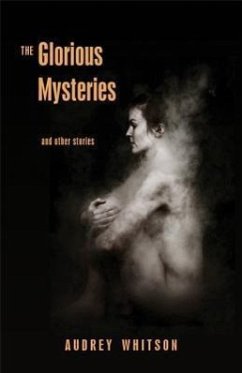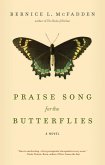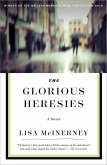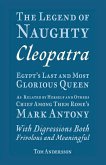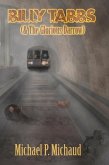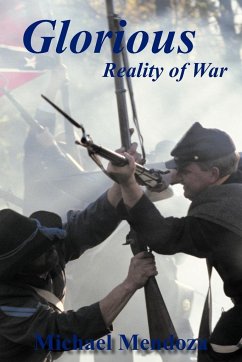We went to the neighbour? every Tuesday that spring, every Tuesday after school. After chores?eeling the potatoes for supper, fetching home the cows, feeding the chickens, gathering the eggs, bringing in the wood (for we still used a wood stove)?ff we went on our bikes. My older sister Katherine and I pedalling fast towards the Cole place. It was only half a mile west, a ten-minute bike ride. But we had to be on time. It was also the year Sister John said I was old enough to attend catechism class for confirmation, even if I wasn? ready to receive the sacrament. We all got a book of questions and answers we had to memorize, and Saturday mornings we went over them. There were many interesting questions in the book, like who is God? and who is Man? and what is our purpose in Life? We were taught how we should love God, to love people and to do good. Maybe that was why the Lone Ranger had such a hold over me. I was nine years old. The first time we went to watch the show, on a Tuesday in the middle of April, you could smell the rot of winter manure on the fields, the camphor of greening willow. Water everywhere, off the road, brimming the ditches?ll the juices of winter pooled, running free. That spring was wet, wetter than most. You could hear the frogs on either side. Young frogs, striped brown and black and white. Their chorus reaching out to grab you as you passed by here and here and here again. The click click click of the pedals and the chain as we raced down the hill to the Cole place that sat far back from the road, a small clearing in the bush. We kicked off our bikes at the gate and threw them pell mell into the ditch. We walked the last fifty feet, Katherine in the lead, me a step or two behind. Beside us saskatoon bushes were full of white blossoms. Higher up, the white poplars had their first small green leaves, their catkins falling here and there on our path. The Cole? yard had old machinery lining the lane?hort panel trucks, a thresher, a sagging binder, rusted spokes of wheels, an abandoned icebox (its door hanging open to the elements). And in the bush, horse jumps set up where the trees had been brushed out. Grass already a bright green. Puddles around the jumps, the prints of some horse hooves. Real horses. The Cole kids all rode, saddle and bareback. All of them were girls: Mammy, fifteen; Violet, thirteen; and Dixie, nine. Dixie had been riding since she was six. She sat across from me at school. We were both in Grade 4. When Dixie missed school I imagined she rode horses all day or slept in. Some days I wished I could miss school too and brush my horse. ?oo many girls and too many horses on that farm, ?my father would say about our neighbour. ?nd too many cattle.?They kept only cattle, while we kept a little of everything?ows, chickens, pigs and grain. Just that Saturday my father had seen Mr. Cole at the auction in town. ?as a couple of new men, ?he remarked to my mother when he got home. My mother was doing her weekly baking, sprinkling flour over a lump of pie dough she had laid out on the counter. She reached for her rolling pin and leaned into the dough. I was doing my homework on the desk in the kitchen, the late morning sun making soft patterns on the wall around me. > The ?ld gal?was Mrs. Cole Senior, Mr. Cole? mother. She? had money from someone; ? trust?as my mother carefully put it. From her past life, a pension from a will. But only as long as she was alive. I wasn? sure what kind of will it took to get a pension. Maybe, I speculated, this is what my mother meant when she said, as she often did, that ?here there? a will there? a way.?I only knew that it was quite a lot of money and now it was gone. Mrs. Cole Senior used to go to the Catholic Church in Majestic like we did and the girls would sometimes go with her. But since the old lady had passed on, none of the Coles went any more. Mrs. Cole had been like a mother to those girls, or that? what my mother said. Their real mother had gone away a long time ago, when Dixie was little. My mother kept rolling out the pie crust she had been working, flour dusting her bare arms. I turned my eyes back to my exercise book, but my ears were alert. ?ou can see from what they take for their lunches now, ?she said. Mrs. Golden had told Mrs. Michaels, who had told my mother. ?erry jam or sometimes just lard between the slices, ?my mother continued. My ears perked up a little further at this judgment. Myself, I liked those jam sandwiches and would often trade one of mine (canned chicken or Dairy Pool cheese) for one of Dixie?. ?lways in last year? coats, if that, ?she went
Hinweis: Dieser Artikel kann nur an eine deutsche Lieferadresse ausgeliefert werden.
Hinweis: Dieser Artikel kann nur an eine deutsche Lieferadresse ausgeliefert werden.

